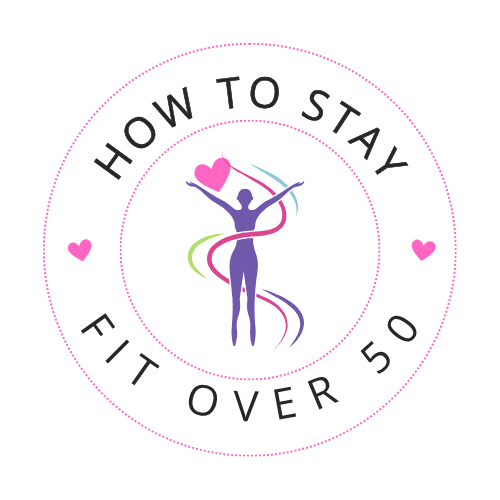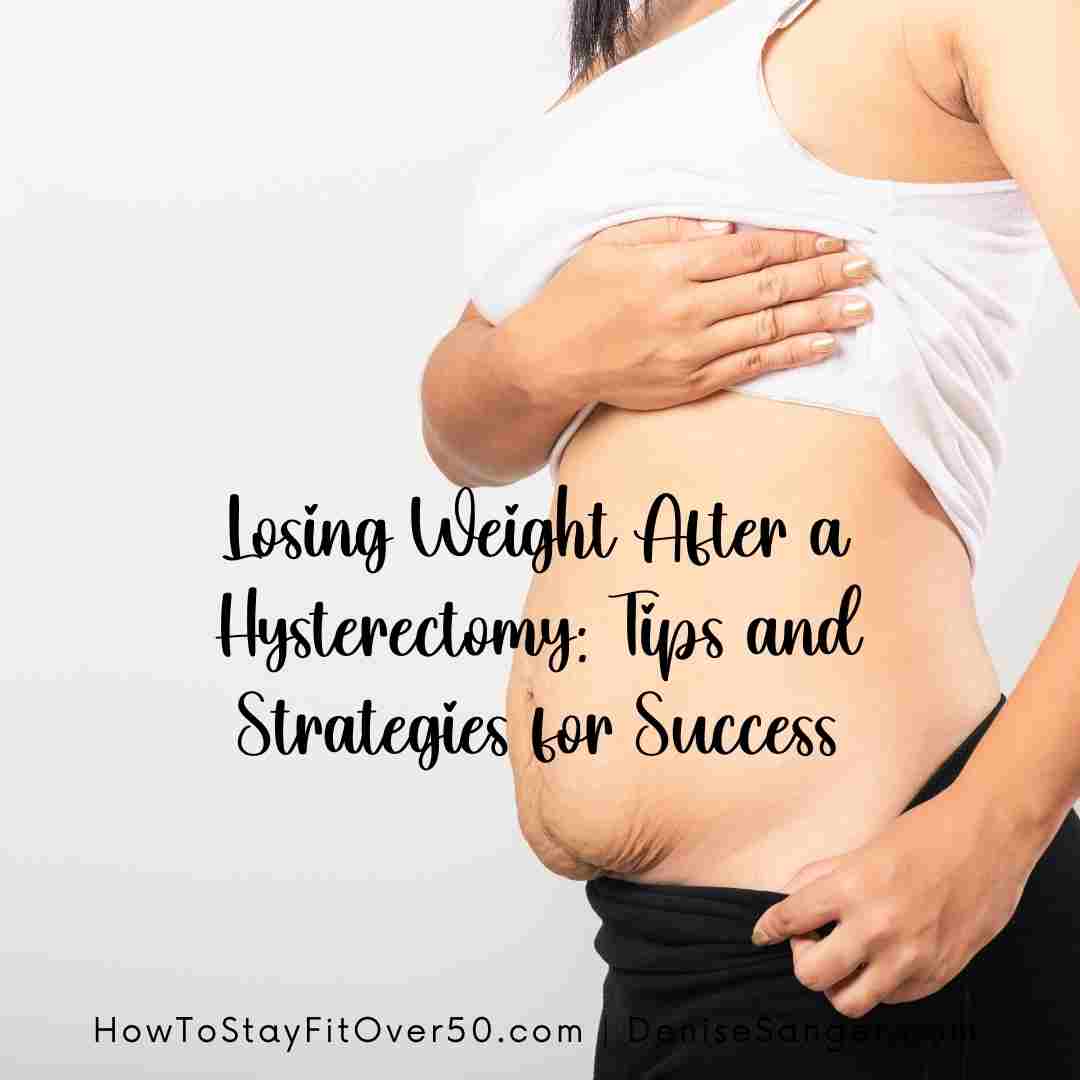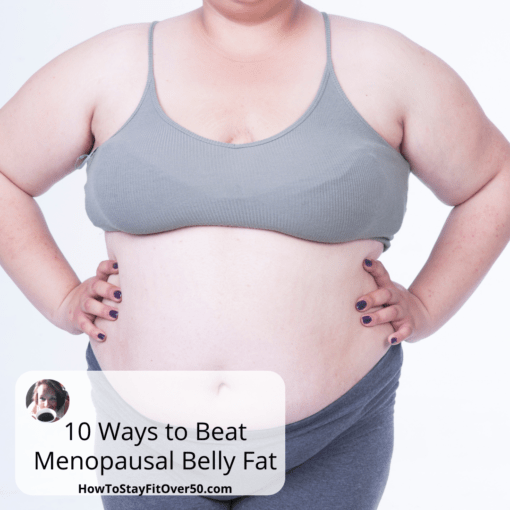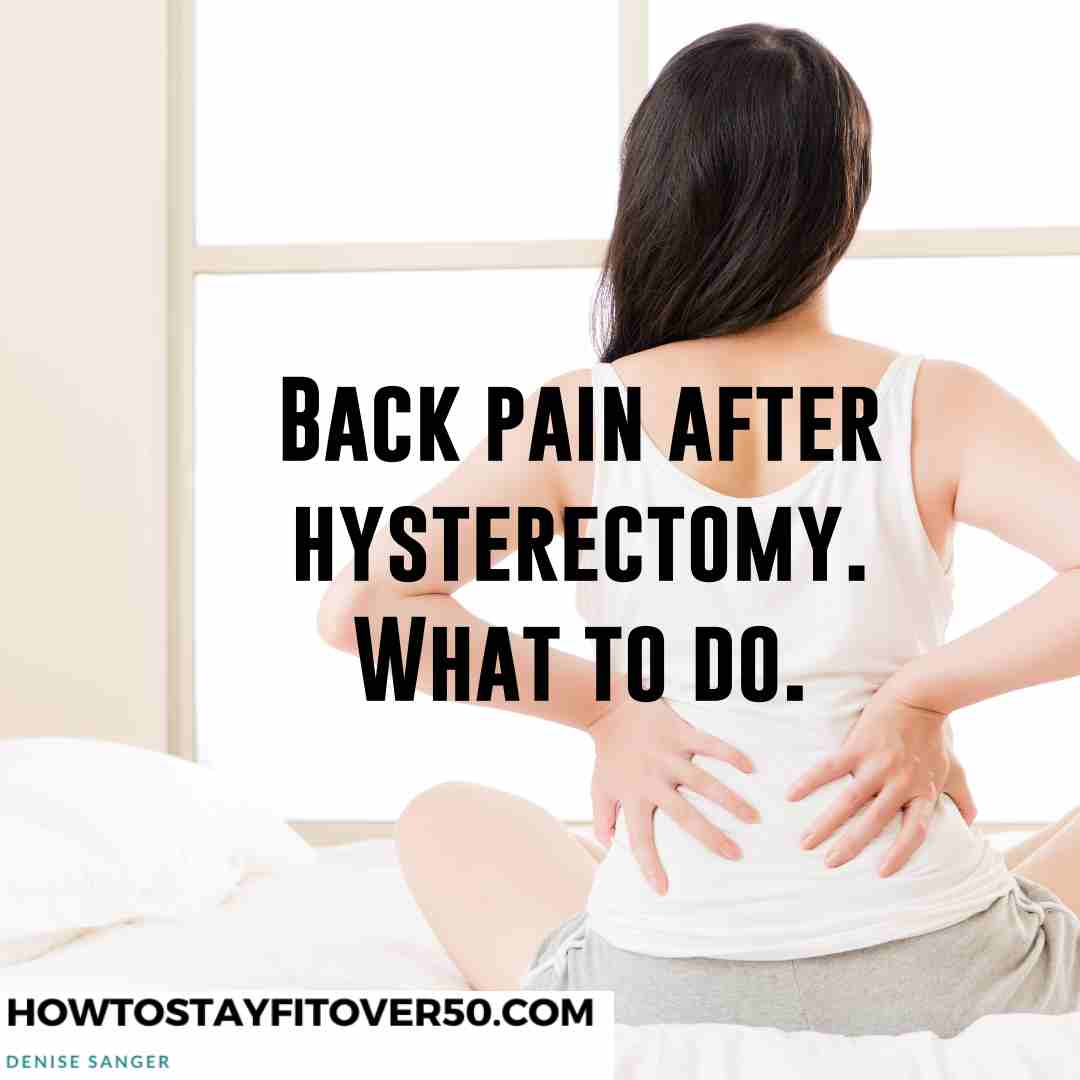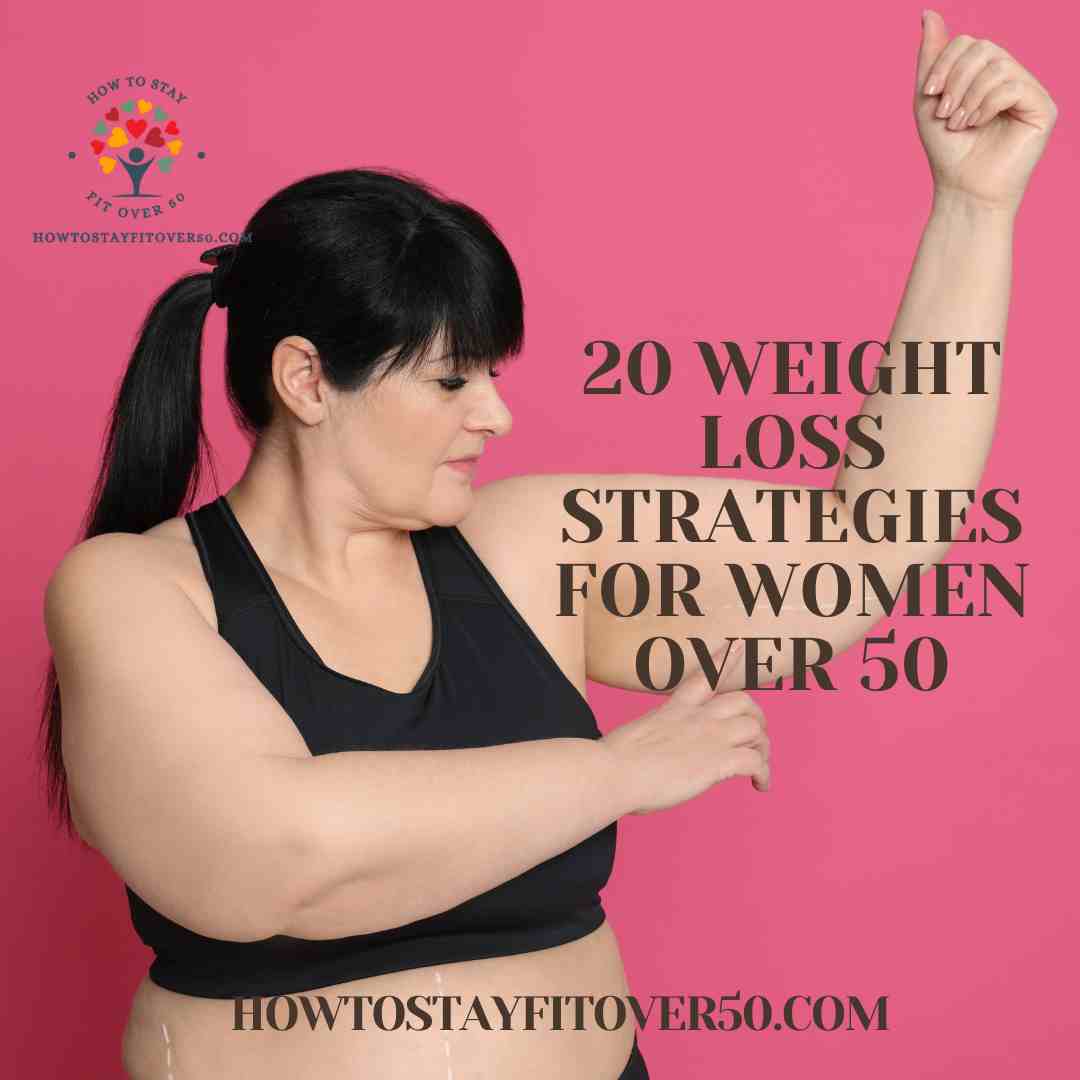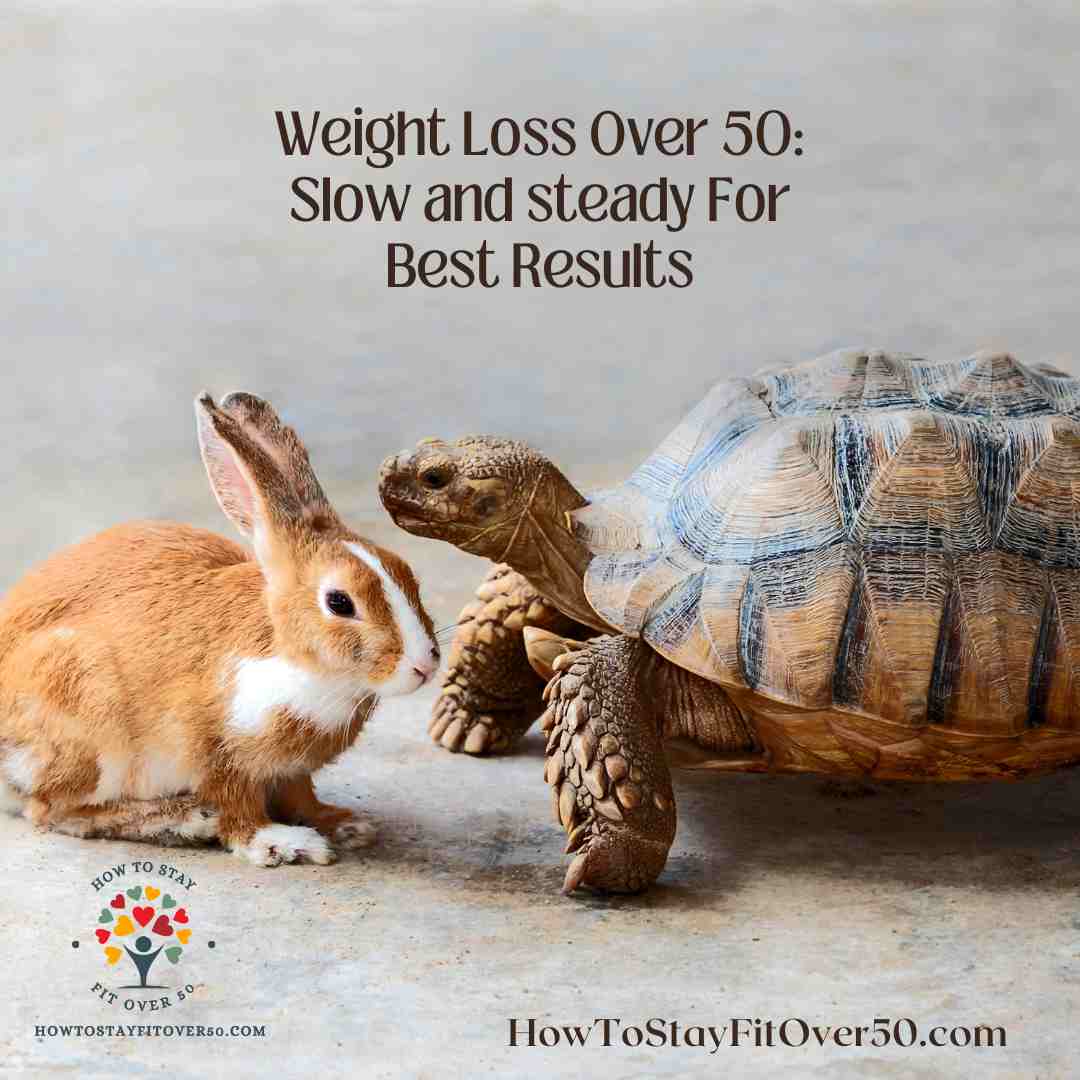We may earn money or products from the companies mentioned in this post.
Losing weight can be a challenging task for anyone. Losing weight after a hysterectomy can be doubly hard. It’s a battle I know first hand. This surgical procedure involves the removal of the uterus, and for many women, it can lead to weight gain and difficulty in shedding those extra pounds.
However, with the right tips and strategies, it is possible to lose weight after a hysterectomy and achieve your desired results. In this article, we will explore some effective ways to help you kick-start your weight loss journey, from making dietary changes to incorporating physical activity into your daily routine.
Whether you have just undergone a hysterectomy or are looking to shed some post-surgery weight, this article is packed with valuable information and actionable advice to help you achieve your weight loss goals. So, let’s dive in and discover how you can successfully lose weight after a hysterectomy!
Understanding hysterectomy and weight gain
Before we dive into specific tips and strategies for weight loss after a hysterectomy, it’s important to understand why this surgical procedure can lead to weight gain in the first place. The removal of the uterus can cause a shift in hormones, particularly a decrease in estrogen levels, which can lead to weight gain. Additionally, reduced physical activity during the recovery period and a change in diet can also contribute to weight gain after a hysterectomy.
However, it’s important to note that not all women will experience weight gain after a hysterectomy. Many factors, including age, lifestyle, and overall health, can influence whether weight gain occurs. Regardless of whether you have experienced weight gain after a hysterectomy, the following tips and strategies can help you achieve your weight loss goals.
Importance of exercise for losing weight after a hysterectomy
One of the most effective ways to lose weight after a hysterectomy is to incorporate physical activity into your daily routine. Exercise not only burns calories but also helps to boost metabolism, improve mood, and reduce the risk of chronic diseases.
It is important to start slowly and gradually increase the intensity and duration of your workouts to avoid injury and ensure that your body is properly recovering from surgery.
Low-impact exercises, such as walking, swimming, and cycling, are great options for those who have recently undergone a hysterectomy and are looking to start an exercise routine. Resistance training, such as weightlifting and body weight exercises, can also help to build lean muscle mass, which can increase metabolism and aid in weight loss.
Remember to consult with your doctor before starting any exercise program, particularly if you are still in the recovery period.
Diet tips for losing weight after a hysterectomy
While exercise is an important component of weight loss after a hysterectomy, diet also plays a crucial role in achieving your weight loss goals. Making healthy dietary choices can help to reduce calorie intake and promote weight loss. Here are some tips for making dietary changes after a hysterectomy:
1. Focus on whole, nutrient-dense foods: Incorporate plenty of fruits, vegetables, lean proteins, and whole grains into your diet to provide your body with the nutrients it needs to function properly and support weight loss.
2. Limit processed and high-calorie foods: Avoid processed and high-calorie foods, such as sugary snacks, fried foods, and fast food, which can contribute to weight gain.
3. Control portion sizes: Use a food scale or measuring cups to ensure that you are eating appropriate portion sizes for your body and weight loss goals.
4. Drink plenty of water: Staying hydrated can help to reduce cravings and promote weight loss.
Healthy habits for successful weight loss
In addition to exercise and diet, developing healthy habits can also aid in weight loss after a hysterectomy. Here are some healthy habits to consider incorporating into your daily routine:
1. Get enough sleep: Aim for 7–9 hours of sleep each night to support weight loss and overall health.
2. Manage stress: Stress can contribute to weight gain, so finding healthy ways to manage stress, such as meditation or yoga, can help to promote weight loss.
3. Stay accountable: Keeping track of your progress, whether through a journal or an app, can help you stay motivated and on track with your weight loss goals.
4. Surround yourself with support: Joining a support group or finding a workout buddy can help to keep you accountable and provide encouragement and motivation.
Overcoming emotional eating after hysterectomy
Emotional eating, or turning to food as a coping mechanism for stress or emotions, can be a challenge for many women after a hysterectomy. However, there are strategies that can help to overcome emotional eating and promote weight loss. Here are some tips:
1. Identify triggers: Identify the situations or emotions that lead to emotional eating and develop strategies to cope with them in a healthy way.
2. Find alternatives: Develop healthy alternatives to emotional eating, such as going for a walk or calling a friend.
3. Seek professional help: If emotional eating is a persistent problem, consider seeking the help of a therapist or counselor who can provide additional support and guidance.
Role of hormone replacement therapy in weight loss
Hormone replacement therapy (HRT) is a common treatment for women who have undergone a hysterectomy. HRT can help to alleviate symptoms of menopause and improve overall health. However, the role of HRT in weight loss after a hysterectomy is not clear.
While some studies suggest that HRT may aid in weight loss, others have found no significant effect. It’s important to discuss the potential benefits and risks of HRT with your doctor and make an informed decision about whether to pursue this treatment.
Supplements for weight loss after hysterectomy
While there is no magic pill for weight loss after a hysterectomy, some supplements may aid in weight loss when used in conjunction with exercise and a healthy diet. Some supplements to consider include:
1. Protein powder: Protein powder can help to increase satiety and aid in weight loss when used as a meal replacement or snack.
2. Fiber supplements: Fiber supplements can help to reduce appetite and promote weight loss by increasing feelings of fullness.
3. Omega-3 supplements: Omega-3 supplements may aid in weight loss by reducing inflammation and improving insulin sensitivity.
However, it’s important to consult with your doctor before starting any supplement regimen to ensure that it is safe and effective for you.
Support groups and community resources
Joining a support group or finding community resources can be a valuable source of encouragement and motivation during your weight loss journey after a hysterectomy. Consider joining an online group, attending local support meetings, or seeking out resources from organizations such as the American Cancer Society or the National Association for Continence.
When to seek professional help
While the tips and strategies outlined in this article can be effective for many women, there may come a time when professional help is necessary to achieve weight loss goals after a hysterectomy.
If you have tried multiple weight loss strategies without success, or if you are experiencing persistent weight gain or other health issues, it’s important to consult with your doctor or a registered dietitian who can provide individualized guidance and support.
Losing weight after a hysterectomy can be a challenging task, but with the right tips and strategies, it is possible to achieve your goals and improve your overall health. By incorporating exercise, making healthy dietary choices, developing healthy habits, and seeking support when needed, you can successfully lose weight after a hysterectomy and feel your best.
Remember to consult with your doctor before starting any new exercise or dietary regimen, and to stay patient and consistent in your efforts. With dedication and commitment, you can achieve your weight loss goals and enjoy a healthier, happier life.
Here are a few more articles you may find helpful:

